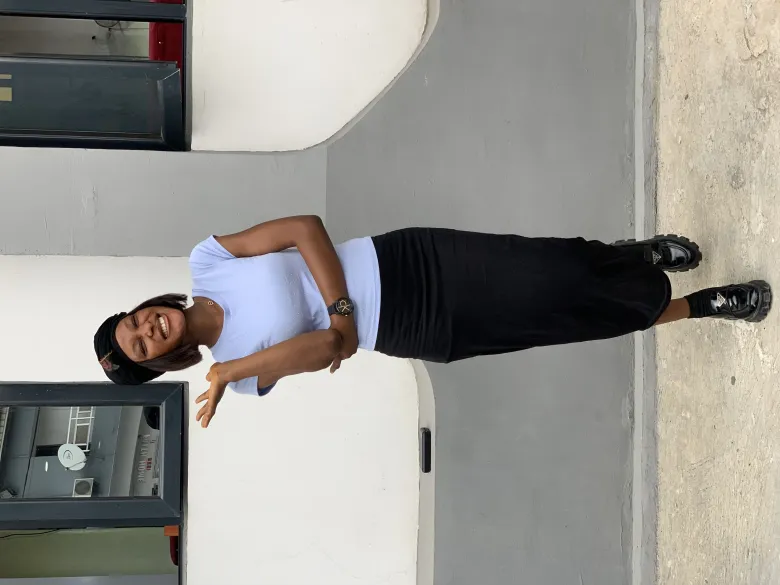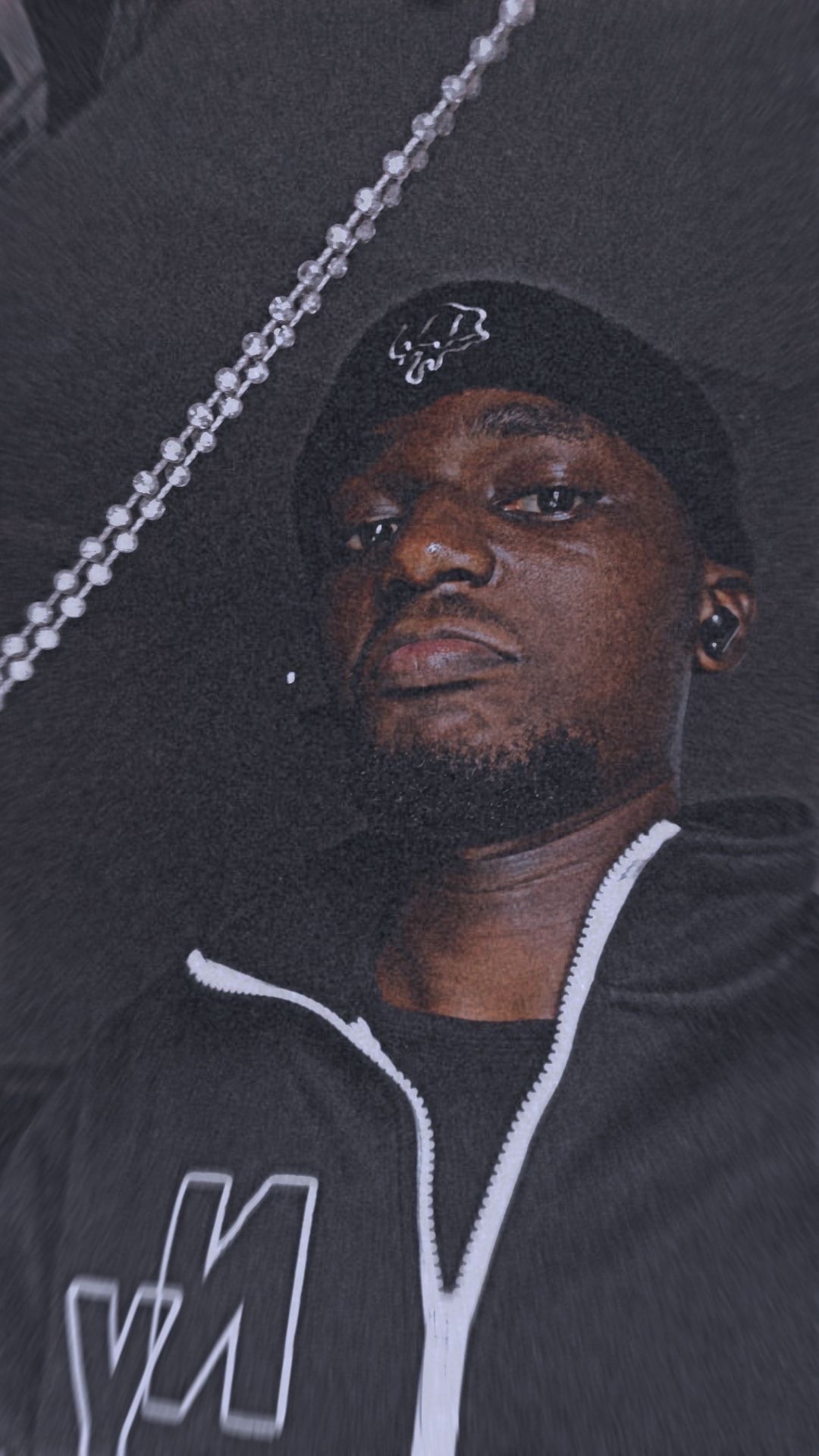As a child, Saida grew up in a tumultuous household. Her parents' marriage was marked by constant arguments and verbal sparring. One day, her mother, Jane, said something that would change Saida's life forever.
In a heated exchange with Saida's father, Jane turned to her 12-year-old daughter and said, "You're just like your father – worthless and unlovable." The words cut deep, and Saida felt a stabbing pain in her heart.Those words became a mantra in Saida's mind, replaying every time she doubted herself. She struggled to shake off the feeling of inadequacy, and it affected her relationships. As she entered adulthood, Saida found herself drawn to partners who reinforced those negative self-thoughts.
She married Mubarak, a charming but toxic man who echoed her mother's hurtful words. He criticized Saida constantly, making her feel small and insignificant. The verbal abuse took a toll on her mental health, and Saida became anxious and depressed.
One day, Saida realized she had become trapped in a cycle of hurt. She sought therapy to break free from the toxic patterns ingrained in her since childhood. With professional help, Saida began to rebuild her self-esteem and recognize her worth.Saida eventually found the courage to leave Mubarak and start anew. Though the scars remained, she learned to heal and rediscover herself. She vowed to break the cycle of hurtful words, ensuring her own children would grow up in a nurturing environment, free from the toxic legacy of her past.The Impact of Hurtful Words Verbal abuse can have lasting effects on mental health.
After leaving Mubarak, Saida thought she had finally broken free from the cycle of abuse. However, she soon realized that the emotional scars ran deeper than she thought.
Saida struggled to recognize healthy relationships, often sabotaging promising connections. She felt uncomfortable with partners who treated her with kindness and respect, finding their gestures foreign and insincere.
Unbeknownst to Saida, she had developed an unhealthy attachment style, drawn to the familiarity of toxic relationships. The abuse had become an addiction, and she struggled to cope with the void left by its absence.
Therapy revealed that Saida's childhood experiences had wired her brain to respond to stress and anxiety with a craving for the familiar feeling of being abused. It was a painful realization, but Saida was determined to heal.
Choosing to remain single for a while, Saida focused on self-discovery and recovery. She:
-Attended support groups for survivors of emotional abuse
-Practiced self-care and mindfulness
-Set boundaries with toxic family members, including her mother
-Rediscovered hobbies and interests
Saida's journey was long and arduous, but she slowly began to rewire her mind. She learned to recognize and appreciate healthy love, eventually breaking the cycle of abuse.
Though Saida never ruled out the possibility of finding a loving partner, she prioritized her own healing and growth. For now, she was content with the quiet strength she had discovered within.







